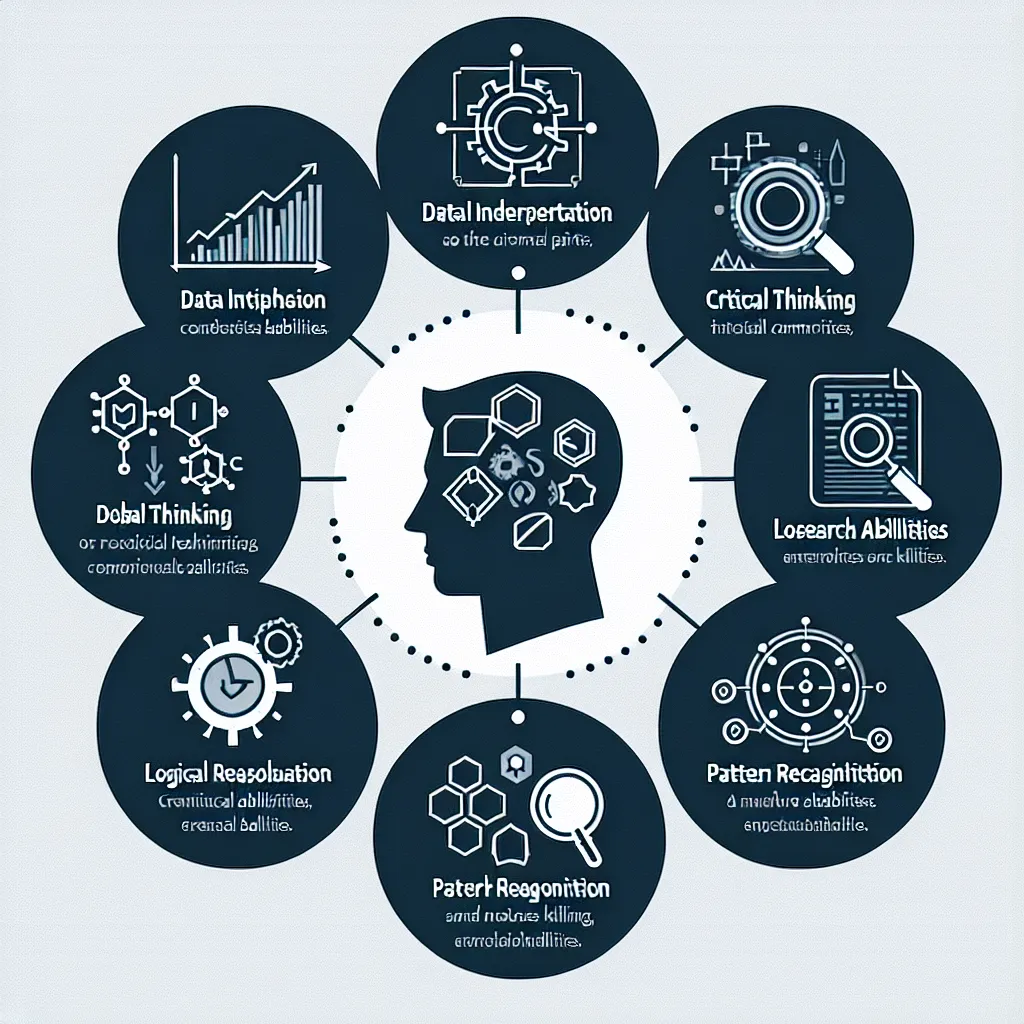Interviews can be nerve-wracking experiences, especially when faced with unexpected questions. This guide will help you navigate through those challenging moments and showcase your adaptability and quick thinking skills to potential employers.
Understanding the Importance of Handling Unexpected Questions
Unexpected questions in interviews serve multiple purposes. They test your ability to think on your feet, assess your genuine responses, and evaluate how you handle pressure. Mastering the art of answering these questions can significantly boost your chances of landing your dream job.
 Unexpected interview questions
Unexpected interview questions
The Interviewer’s Perspective
When asking unexpected questions, interviewers are looking for several key qualities:
- Adaptability
- Critical thinking skills
- Honesty and authenticity
- Stress management
- Communication skills under pressure
Understanding these motivations can help you prepare mentally for any curveballs that might come your way during the interview.
Strategies for Handling Unexpected Questions
1. Stay Calm and Composed
The first step in handling unexpected questions is to remain calm. Take a deep breath and remember that it’s okay to pause before answering. This brief moment allows you to gather your thoughts and formulate a coherent response.
2. Clarify if Necessary
If you’re unsure about the question, don’t hesitate to ask for clarification. This shows that you’re attentive and want to provide an accurate answer. You might say:
“That’s an interesting question. To ensure I understand correctly, could you please provide a bit more context?”
3. Use the STAR Method
For unexpected behavioral questions, the STAR method (Situation, Task, Action, Result) can be a lifesaver. This structured approach helps you organize your thoughts quickly and provide a comprehensive answer.
4. Be Honest and Authentic
If you don’t know the answer to a technical question, it’s better to be honest than to try to bluff your way through. You could say:
“I’m not entirely familiar with that concept, but I’m always eager to learn. Could you tell me more about how it relates to this role?”
5. Bridge to Relevant Experience
Even if the question seems unrelated to the job, try to bridge it to your relevant skills or experiences. This demonstrates your ability to draw connections and think critically.
Common Types of Unexpected Questions and How to Handle Them
1. Brainteasers
Example: “How many tennis balls can you fit into a limousine?”
Approach: The key is to talk through your thought process. Break down the problem, make reasonable assumptions, and explain your logic step by step.
2. Hypothetical Scenarios
Example: “If you were shrunk to the size of a pencil and put in a blender, how would you get out?”
Approach: Showcase your problem-solving skills and creativity. Outline a step-by-step plan, considering various options and potential obstacles.
3. Personal Questions
Example: “If you were an animal, what would you be and why?”
Approach: Use this as an opportunity to highlight your positive traits that are relevant to the job. For instance, if you say “eagle,” you could explain that you have a keen eye for detail and a broad perspective on situations.
4. Current Events Questions
Example: “What’s your opinion on [recent industry development]?”
Approach: Stay informed about your industry. If you’re not familiar with the specific event, acknowledge it and steer the conversation towards related topics you’re knowledgeable about.
Tips for Preparing for Unexpected Questions
- Research the company thoroughly
- Practice with a variety of mock interview questions
- Stay up-to-date with industry news and trends
- Prepare stories that highlight your skills and experiences
- Work on your improvisational skills through activities like public speaking or improv classes
 Interview preparation
Interview preparation
Common Mistakes to Avoid
- Panicking or becoming visibly flustered
- Providing overly long or rambling answers
- Being dishonest or trying to bluff your way through
- Refusing to answer or responding negatively
- Failing to relate your answer back to the job or company
Follow-up Questions and Sample Answers
-
Q: “Tell me about a time when you had to think quickly on your feet.”
A: “In my previous role as a customer service representative, we once faced an unexpected system outage during peak hours. I quickly organized the team to handle customer queries manually, prioritized urgent cases, and communicated clearly with customers about the situation. This approach helped us maintain customer satisfaction during a challenging time.” -
Q: “How do you handle criticism?”
A: “I view constructive criticism as an opportunity for growth. I listen attentively, ask for specific examples, and work on implementing the feedback. For instance, when my manager suggested I could improve my presentation skills, I enrolled in a public speaking course and sought more opportunities to present at team meetings.” -
Q: “If you could have dinner with any historical figure, who would it be and why?”
A: “I would choose Marie Curie. Her groundbreaking work in radioactivity and her perseverance in a male-dominated field are incredibly inspiring. I admire her dedication to science and her ability to overcome societal barriers. I believe her perspective on innovation and resilience would be invaluable in today’s fast-paced work environment.” -
Q: “What’s the biggest risk you’ve ever taken?”
A: “The biggest risk I’ve taken was leaving a stable job to start my own business. While it ultimately didn’t succeed, the experience taught me valuable lessons about entrepreneurship, resilience, and the importance of thorough market research. These skills have made me a more well-rounded professional and have particularly enhanced my ability to think strategically and manage projects effectively.” -
Q: “How would you explain a complex technical concept to a non-technical person?”
A: “I would use analogies and real-world examples to make the concept relatable. For instance, when explaining how a firewall works, I might compare it to a security guard at a building entrance, checking each person’s ID before allowing them in. This approach helps bridge the gap between technical jargon and everyday understanding.”
By preparing for these types of questions and practicing your responses, you’ll be better equipped to handle any unexpected questions that come your way during an interview. Remember, the key is to stay calm, be authentic, and draw from your experiences and skills to provide thoughtful answers.
For more interview tips, check out our articles on how to discuss your experience with leadership in an interview and how to talk about your conflict resolution skills.
Conclusion
Handling unexpected questions in an interview is a skill that can be developed with practice and preparation. By staying calm, being honest, and drawing connections to your experiences and the job requirements, you can turn these challenging moments into opportunities to showcase your unique qualities. Remember, interviewers are not just looking for perfect answers, but for candidates who can think on their feet and communicate effectively under pressure. With the strategies and tips provided in this guide, you’ll be well-equipped to tackle any unexpected questions that come your way, increasing your chances of interview success.
We encourage you to share your experiences with unexpected interview questions in the comments below. How did you handle them? What strategies worked best for you? Your insights could be invaluable to other job seekers preparing for their next big interview opportunity.




